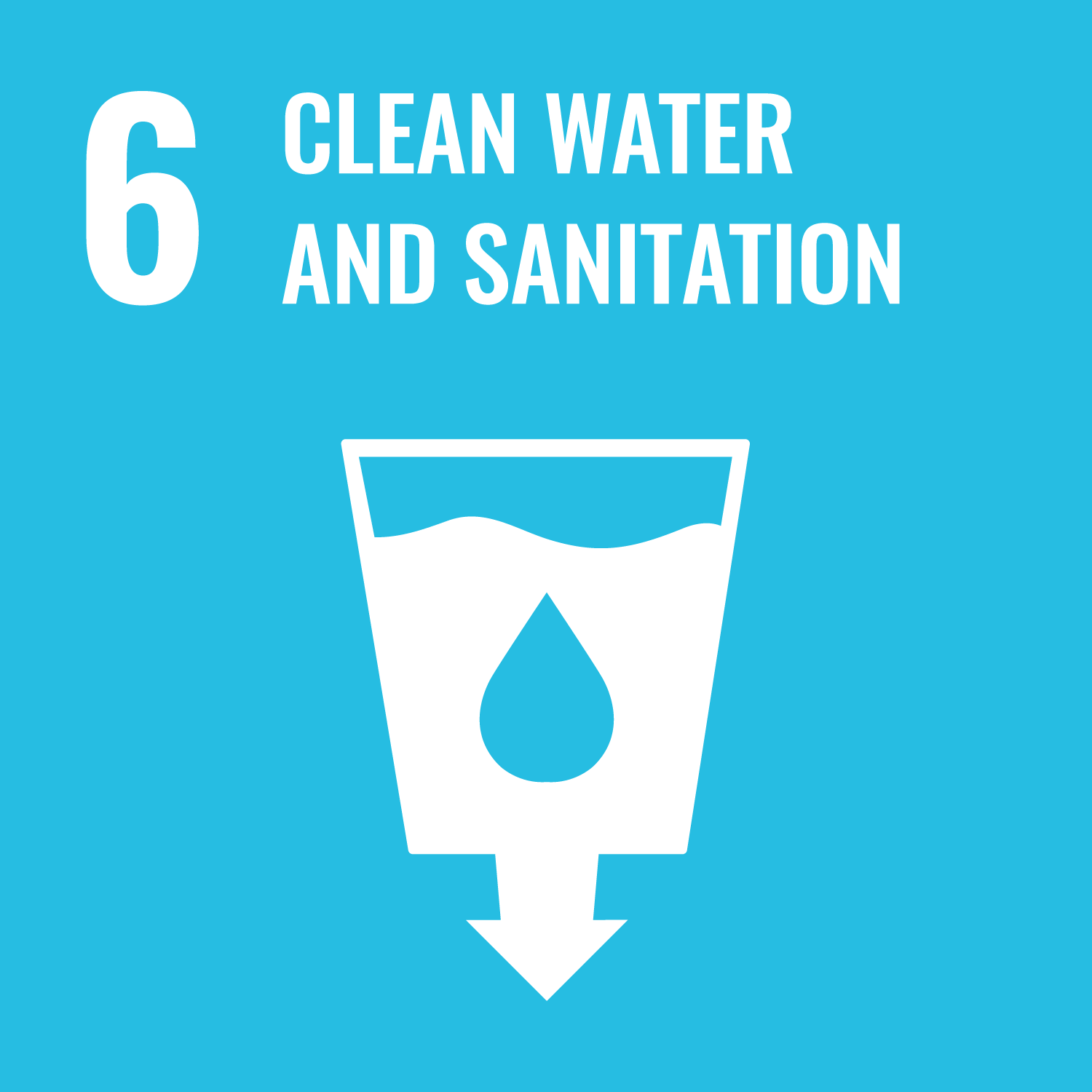This course introduces a comprehensive state-of-the-art of various aspects of processing methods, properties, and applications
of high-Tc superconductors. For high quality materials for industrial applications, the students will have to learn and evaluate
phase diagrams. Further, the students will learn to create nano-structures in the production stage and to understand the vortex
pinning techniques needed for individual industrial applications. This course is designed to be as broad and rigorous as possible
to cover from fundamentals to applications of high-Tc superconductors.
To develop in our student’s excellence in understanding the bulk high Tc superconductor processing methods and to activate
ability to produce top superconducting materials for industrial applications. The class will focus on understanding the phase
diagrams, molding the new materials, to create nano-structures improving the material’s performance, especially above liquid
nitrogen temperature, up to liquid oxygen temperature.
- The students will be able to comprehend complex concepts, e.g. phase diagrams of high-Tc superconducting materials.
- The students will be able to synthesize HTSC materials towards the creation of nano-structures, characterization and flux pinning.
- The students will critically understand the batch production of single grain RE-123, especially cost efficiency way.
- The students will further expand analytical acumen through microstructure analysis (SEM, AFM, TEM, STM) of nano structured RE-123.
- The students will understand nano-structure creation during material processing and design of superconducting super-magnets for MagLav, MRI, DDS and other important applications.
| Class Activity | Power Point presentation on material development | Final Exam | Total. | |
|---|---|---|---|---|
| 1. | 20% | 40% | 40% | 100% |
| 2. | 0% | |||
| 3. | 0% | |||
| Total. | 20% | 40% | 40% | - |
| Class schedule | HW assignments (Including preparation and review of the class.) | Amount of Time Required | |
|---|---|---|---|
| 1. | Introduction and basics of superconductivity | Revising and comprehending class material | 190minutes |
| 2. | Synthesis techniques of high-Tc oxide superconductors | Revising and comprehending class material | 190minutes |
| 3. | Crystal chemistry of high-Tc oxide superconductors | Revising and comprehending class material | 190minutes |
| 4. | Phase diagrams of high-Tc oxide superconductors | Revising and comprehending class material | 190minutes |
| 5. | Melt processing, texturing, and micro-structures | Revising and comprehending class material | 190minutes |
| 6. | Single grain production, seeding techniques and properties of REBa2Cu3Oy "RE-123" (RE: Nd, Gd, NdEuGd,) | Revising and comprehending class material | 190minutes |
| 7. | Ways to mass production, products characterization: critical currents and trapped fields of RE-123 | Revising and comprehending class material | 190minutes |
| 8. | OCMG process and creation of nano-structures in LRE-123 | Revising and comprehending class material | 190minutes |
| 9. | Microstructure analysis, SEM, AFM, TEM, and STM of nano structured LRE-123 | Revising and comprehending class material | 190minutes |
| 10. | Flux pinning enhancement in high-Tc superconducting materials | Revising and comprehending class material | 190minutes |
| 11. | Developing new concepts related to HTSC material processing, especially cost efficiency (students’ ppt presentations) | Revising and comprehending class material | 190minutes |
| 12. | Advanced RE-123 materials based on RE210, processing and optimization. Application of RE-123 for silver sheathed wire technology | Revising and comprehending class material | 190minutes |
| 13. | Application of high-Tc superconductors: DDS, Water Purification Technology, and MagLev (Basic principles and its development’s) | Revising and comprehending class material | 190minutes |
| 14. | Requirements for HTSC technology for future energy issues. The students will submit their ideas concerning the future needs and sustainable development. | Revising and comprehending class material | 190minutes |
| Total. | - | - | 2660minutes |
Class Activity (Class Participation/Behavior/Quizzes): 20%; Power Point presentation on material development: 40%; Final Exam:
40%
Students should earn 60% of the total score which will reflect the knowledge and skills.
Students should earn 60% of the total score which will reflect the knowledge and skills.
| ways of feedback | specific contents about "Other" |
|---|---|
| Feedback in outside of the class (ScombZ, mail, etc.) |
1. Superconductivity: Today and Tomorrows Applications
ed. Miryala Muralidhar (Nova Science Publishers, 2015)
2. Superconductivity: Recent Developments and New Production Technologies
ed. Miryala Muralidhar (Nova Science Publishers, 2012)
3. Melt Processed High-Temperature Superconductors
ed. Masato Murakami (World Scientific, 1992)
ed. Miryala Muralidhar (Nova Science Publishers, 2015)
2. Superconductivity: Recent Developments and New Production Technologies
ed. Miryala Muralidhar (Nova Science Publishers, 2012)
3. Melt Processed High-Temperature Superconductors
ed. Masato Murakami (World Scientific, 1992)
- Reserving the time by e-mail: miryala1@shibaura-it.ac.jp
- Course that cultivates an ability for utilizing knowledge
| Work experience | Work experience and relevance to the course content if applicable |
|---|---|
| N/A | N/A |





- 3.GOOD HEALTH AND WELL-BEING
- 6.CLEAN WATER AND SANITATION
- 7.AFFORDABLE AND CLEAN ENERGY
- 9.INDUSTRY, INNOVATION AND INFRASTRUCTURE
- 13.CLIMATE ACTION
Last modified : Fri Mar 01 04:32:41 JST 2024

